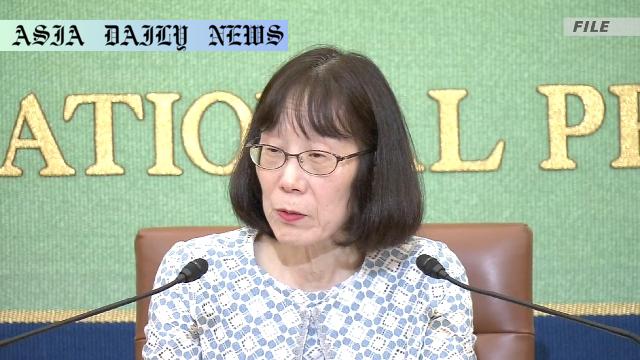ICC sanctions, issued by President Trump’s executive order, face global criticism for undermining international justice and impartiality.
The ICC condemned US President Trump’s executive order imposing sanctions on its officials.
The order criticized as threatening the ICC’s independence and impartiality.
80 ICC member nations, including Canada and Germany, united in opposition to US actions.

The ICC and Its Role in Global Justice
The International Criminal Court (ICC) is a cornerstone of global justice, established to address crimes against humanity, genocide, and war crimes. Founded on principles of impartiality and independence, the ICC stands as a testament to the world’s commitment to uphold international law amid tumultuous global challenges. It represents a collective effort to ensure accountability for those who commit atrocities that shock the conscience of humanity.
US Sanctions: A Controversial Move
On Thursday, former US President Donald Trump signed an executive order imposing sanctions on ICC officials, staff, and even their family members. This unprecedented step was justified under claims that the ICC abuses its power, especially referencing its jurisdiction and arrest warrants issued against figures such as Israeli Prime Minister Benjamin Netanyahu. The sanctions are believed to be a counteraction to the ICC’s investigations into alleged war crimes in the Gaza Strip, which the US has deemed politically motivated and unjustified.
ICC’s Response to the Sanctions
Judge Akane Tomoko, ICC President, firmly criticized the sanctions, emphasizing the institution’s commitment to impartiality and independence. In her statement, she asserted that the ICC’s role aligns with the global community’s values of enforcing international laws, including those governing armed conflicts and human rights violations. She further described the court as a product of humanity’s lessons from the Holocaust and other atrocities, underscoring its historical significance.
Global Outcry Against US Actions
The US sanctions have drawn broad condemnation from the international community. A joint statement by 80 ICC member states, including Germany and Canada, vehemently opposed the actions, citing it as a threat to the international rule of law. The statement highlighted the need to safeguard judicial independence and ensure that institutions like the ICC are protected from politicization or external coercion.
The Broader Implications for International Law
This confrontation raises critical questions about the future of international law. The US sanctions are seen by many as a move that jeopardizes the credibility and authority of the ICC, potentially weakening its ability to address global atrocities effectively. The undermining of such international bodies could lead to a concerning erosion of globally recognized legal frameworks that promote accountability and justice.
The Need for Collective Support
As global institutions like the ICC face challenges to their authority, it is imperative for the international community to reaffirm its support for these organizations. Upholding justice and accountability transcends national interests and requires a collective effort to prioritize humanity’s values above politics.
Conclusion
The US sanctions against the ICC reflect a complex intersection of politics, justice, and international relations. As the world grapples with this development, it is crucial to remember the foundational principles that institutions like the ICC represent. Ensuring their independence and impartiality is not only about maintaining international law but also about safeguarding the rights and dignity of all human beings against atrocities. The global community must rise to this challenge with unity and resolve.
Commentary
A Troubling Precedent for International Justice
The US sanctions imposed on ICC officials are undoubtedly a significant and troubling development. By targeting an institution established to uphold justice globally, the United States risks setting a dangerous precedent. This move not only undermines the credibility of the ICC but could also embolden others to dismiss accountability for international crimes. As arguably one of the most powerful nations in the world, the US bears a responsibility to uphold and support institutions that stand for justice and the protection of human rights.
The Necessity of Global Unity
In the face of this challenge, the unity displayed by the 80 ICC member states speaking out against the sanctions is an encouraging sign. Their response underscores the importance of safeguarding the ICC’s independence, reminding the world of the necessity to depoliticize global judicial frameworks. Institutions like the ICC represent a hard-earned legacy of humanity’s collective effort to ensure accountability for atrocities, and their impartiality must be defended at all costs.
A Call for Dialogue and Cooperation
What this issue reveals is the need for greater dialogue and cooperation between nations, particularly when disputes arise about international justice mechanisms. Instead of imposing punitive measures that erode trust and cooperation, the US and other countries should engage in constructive discussions to address concerns about the ICC’s operations. Only through dialogue and mutual understanding can such conflicts be resolved in a way that strengthens, rather than weakens, the global commitment to justice.


